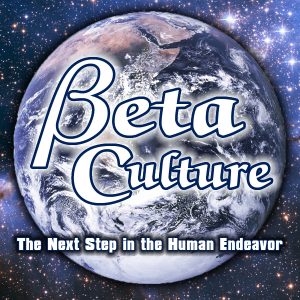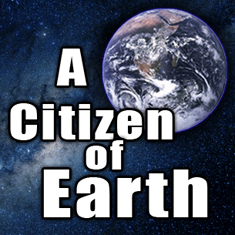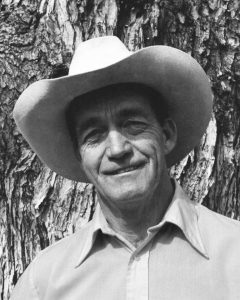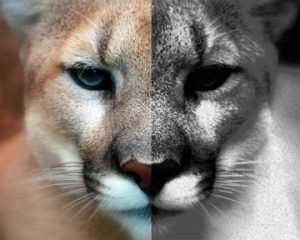 Anyone paying attention in the last few decades of life on Earth can’t help but think there’s something wrong in the human world. It’s something that doesn’t and, I suspect, can’t work.
Anyone paying attention in the last few decades of life on Earth can’t help but think there’s something wrong in the human world. It’s something that doesn’t and, I suspect, can’t work.
I’ve thought many times this unworkable bit is our own understanding of ourselves. As in: We think we are one way, we expect ourselves and our fellows to be this one way, and yet we are very different from it. Which means a great deal of what we think of as the “should be” of human life is wrong. We get right answers about ourselves – about how we should live, how we should treat each other or the natural world – only by accident. In the main, things continue to go wrong, progressively worsening over and over through the cycles of history until we suffer each new catastrophic, civilization-wide disaster.
I wonder …
We think of ourselves, when we think of ourselves, as conscious beings. And yet most of us is UNconscious. Meaning that the real essence of what we are is, in the main, invisible to us.
We talk about our “subconscious” as if it’s some minor apparatus that does these mysterious and not-very-important things off in the darkness, but in truth, this subconscious is the largest part of us. It’s consciousness that’s the sideshow, the also-ran, the comical sidekick, the small spotlighted area of a vast, dark stage. Consciousness is an app that runs on a much larger, much more complex underlying brainframe. It does certain things very well, but only those things.
It’s also a sort of distraction. We wallow in the attraction of consciousness and ignore this huge other part. Because consciousness is what it is – the self-referential noticing and knowing of one’s conscious self – it almost by definition must exclude notice of the unknowable parts. Even understanding that we are NOT conscious for some large part of our day – in sleep, in the sort of muzzy reverie that accompanies “automatic” actions such as driving or eating, and even in the machinations that go on all the time below conscious notice – we can still fail to credit our unconscious selves. Yet because we are conscious – because we position our apparent Selfness in our small conscious zone rather than this much larger unconscious part – we are necessarily unable to imagine anything different.
Most of the endeavors of Earth life are done without anything we think of when we think of conscious mind. I observe animals doing their specific things out there in the wilds – beavers that build dams, birds that build complex woven nests, all sorts of wonderful and complex creative endeavors – and the only thing I can compare them to in the human sphere is those rare and near-unbelievable savant talents in autistics. Most animals live without consciousness, and we tend to see them as lesser and limited because of it, yet they do these amazing things – not just with mundane regularity, but with brains in some cases hundreds of times smaller. What looks out of their eyes is not a “me” in the way we have a “me,” but a silent sort of machine, beastly in nature and yet marvelously capable of conducting its survival in the unimaginably complex surround of wild nature.
I wonder if civilization itself isn’t an artifact of consciousness, a perpetually conscio-centric socio-cultural structure that could only be possible to beings who have this add-on “Me” app.
I wonder too if we haven’t made a very basic mistake in creating this sort of civilization. If, as I suspect, we’ve built civilization according to conscious needs, conscious mandates, largely ignoring our larger, quieter, apparently more secret selves, we have, in a way, built something that isn’t quite human – worse, something that can’t work for humans as a whole.
To us here in civilization, the subconscious is “other,” something separate from and subordinate to – or rebellious from – the real you, the real me. The relationship is one of separation rather than of solidarity, cooperation, or wholeness.
Given the nature of consciousness, I doubt we could have done any different, here in our infancy. But I imagine that if we recognize the subconscious as the main “us” – if we built entertainments and accommodations meant to nurture and comfort our larger selves, and societal understandings that recognized and accepted this Self-Other in our fellow men – a lot of things would become possible, both within our individual selves and in the larger world.
Such as this bit that isn’t looking good at the moment – the survival of the lot of us.







